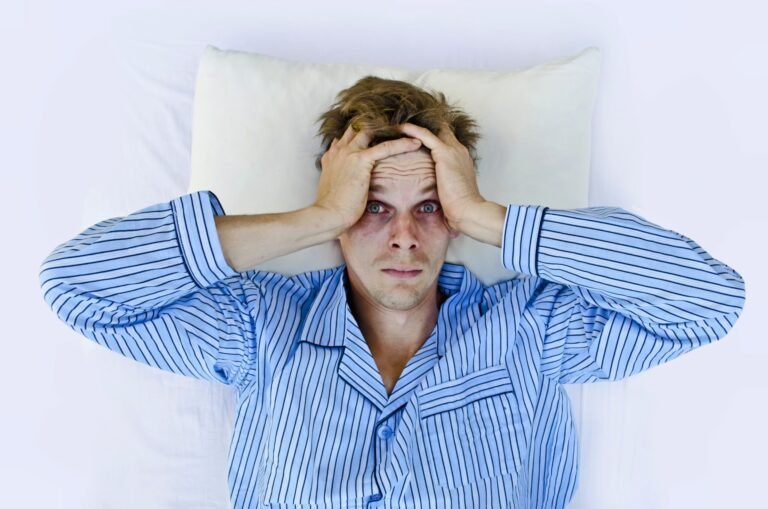New research suggests that disrupted sleep patterns and circadian rhythms can cause or worsen a variety of mental illnesses. This study highlights the potential to treat mental health problems by addressing sleep circadian disruption.
Experts reviewed recent evidence on sleep and circadian factors, focusing on adolescents and young adults with mental disorders. This is the time when sleep and circadian rhythms are most likely to be disrupted.
What is a sleep circadian disorder?
Disruption of the sleep circadian involves disruption of the natural sleep-wake cycle, impacting both the quality and timing of sleep. These disorders often make it difficult to fall asleep, stay asleep, or wake up early.
Our bodies function based on circadian rhythms. This body clock determines your sleepiness and alertness throughout the 24-hour period. When this rhythm is disrupted, it can affect your mental health and cause problems such as depression and anxiety.
Significance of the research
Dr Sarah L. Chellappa from the University of Southampton said: “Sleep circadian disturbances are the norm rather than the exception in all categories of mental illness.”
“While sleep disorders such as insomnia are well understood in the development and maintenance of psychiatric disorders, our understanding of circadian disorders has lagged.”
“It is important to understand how these factors interact so that we can develop and apply sleep circadian interventions that benefit patients’ sleep and mental health symptoms.”
Insomnia and mental disorders
Insomnia is a much more common symptom in people with mental health disorders than in the general population. It is especially prevalent in the early stages of psychosis, affecting more than half of the people.
Additionally, a significant proportion of people with mood disorders experience both insomnia and hypersomnia, leading to a difficult cycle of difficulty sleeping at night and excessive sleepiness during the day.
This study sheds light on circadian rhythm sleep-wake disorder (CRSWD). The findings of this study suggest that a significant proportion of patients with mood disorders experience changes in sleep-wake patterns. This highlights the profound impact that biological clock processes have on mental illness.
underlying mechanism
This review takes a closer look at the mechanisms behind sleep circadian disturbances in psychiatric disorders. This study identifies adolescence as a critical period due to physiological and behavioral changes that impact sleep.
Dr Nicholas Meyer, from King’s College London, said: ‘This variation in sleep duration and timing can lead to disharmony of our body clocks, with sleep-wake rhythms increasing the risk of sleep disturbances and negative mental health outcomes. There is a possibility.”
Researchers also investigated the role of genetics, light exposure, neuroplasticity, and other factors. They found that people with a genetic predisposition to less variation in activity levels between periods of rest and wakefulness were more likely to experience depression, mood instability, and neuroticism.
innovative treatment
This study not only identifies the problem but also suggests potential solutions. “Targeting sleep and circadian risk factors presents an opportunity to develop new preventive strategies and treatments,” said Dr. Renske Locke of Stanford University.
“Some of these are population-level considerations, such as the timing of school and workdays, and changes to the built environment to optimize light exposure. Others are attributable to individual circadian parameters. It’s a tailored, personalized intervention.”
Cognitive behavioral therapy for insomnia (CBT-I) and light therapy have been shown to have positive effects on mental health disorders. Additionally, researchers have found that medication, diet, and exercise timing are effective treatments.
“Research in mental health is poised to harness extraordinary advances in sleep and circadian science to improve the understanding and treatment of mental illness,” said Dr. Chellappa.
This research was funded by the Alexander von Humboldt Foundation.
The research will be published in a journal Proceedings of the National Academy of Sciences (PNAS).
Like what you read? Subscribe to our newsletter for fascinating articles, exclusive content and the latest updates.
—-
Check us out on EarthSnap, the free app from Eric Ralls and Earth.com.


